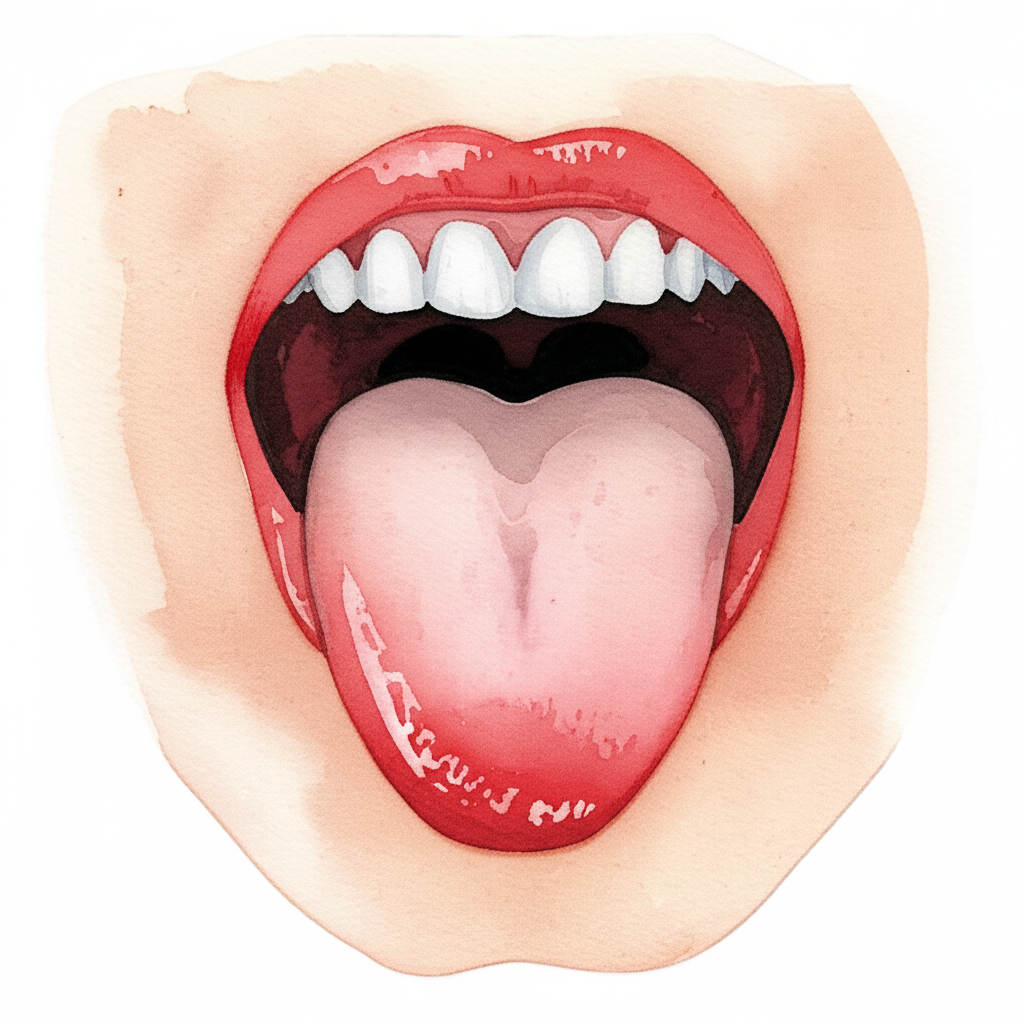
The superstition that biting one’s tongue while eating indicates a recent lie originates from a long-held belief connecting physical ailments to moral transgressions, particularly those involving dishonesty. This notion has evolved over centuries, transitioning from the expectation of a physical blister to a more generalized sensation of pain or discomfort.
This superstition stems from the older conviction that telling a falsehood, excessively flattering someone, or using deceptive language would result in a blister forming on the tongue. Evidence suggests this belief was prevalent from at least the 17th century. William Shakespeare, in A Winter’s Tale, alludes to this, with the character Paulina, anticipating the delivery of unfavorable news to the King, stating, ‘If I prove honey-mouth’d, let my tongue blister.’ This demonstrates the widespread acceptance of the idea that the tongue, as the instrument of speech, would suffer physical consequences for verbal sins.
This concept aligns with a medieval understanding, common in Elizabethan society, that the part of the body responsible for a sin would be afflicted as a result. Just as thieves might have their right hands severed as punishment, the tongue was frequently viewed as an entity susceptible to the consequences of falsehood. Biblical references further reinforced this idea. Proverbs 26:2 in the King James Bible states, ‘A lying tongue hateth those that are afflicted by it; and a flattering mouth worketh ruin.’ The prevailing Christian interpretation was that lies originated in the heart under Satan’s influence, thus considering any form of dishonesty not merely a human flaw, but an act influenced by the Devil.
While these religious beliefs contributed to the importance of truthfulness, the tongue-related superstition predates Christian influence. Evidence suggests that the ancient Greeks held a similar belief. Around 275 BC, the Sicilian poet Theocritus, in his Idylls, included the line: ‘Thee I’le sing, Thee sweet, nor midst my song tell-tale Blisters rise, and gall my Tongue.’ This suggests that the belief regarding the tongue’s affliction for dishonesty may have been adopted into British culture from translations of early Greek poetry.
Over time, the expectation of a specific blister evolved into a less defined burning sensation. The superstition subsequently spread to the United States. An anonymous poem titled ‘The Despot’s Song’, published in Baltimore in 1862 by an author opposed to the Union government, employed this belief to discredit President Abraham Lincoln, attributing to him the lines:
Lie! Lie! Lie! As long as lies were of use; But now lies no longer pay, I know not where to turn, For when I the truth would say, My tongue with lies will burn!
In modern interpretations, the superstition linking tongue-biting while eating to recent lies persists, though often without a conscious understanding of its historical or religious origins. The pain experienced from biting one’s tongue serves as a symbolic reminder of the potential consequences, albeit minor, of dishonesty.